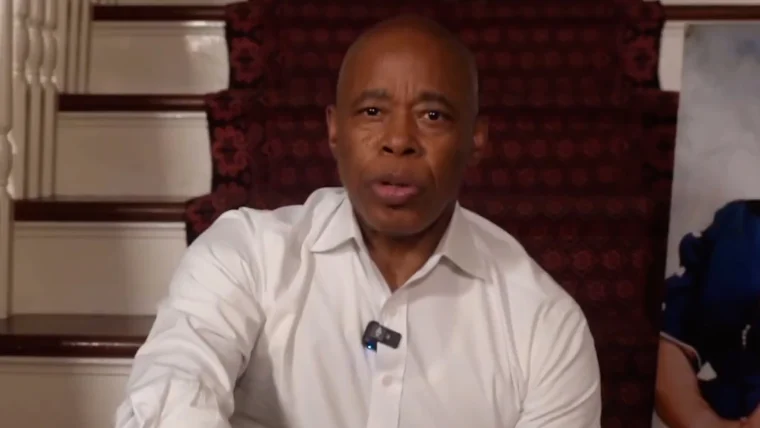Many small businesses, artists, and designers have been “going indie” lately. With the past few years’ crowd-funding trendiness, creatives of all types have chosen to leave the cubicle and set up shop at home. Amongst the most funded projects in existence are the Oculus Rift, a virtual reality headset that has most recently been purchased by Facebook for one billion dollars, and also the Pebble smartwatch, a piece of wearable technology that connects to your phone and provides fitness data. Both projects have earned millions from their crowd-funding campaigns from Kickstarter, the most popular crowd-funding platform available today.
Another kind of crowd-funding platform exists, however, and it’s different from the rest. As of late, it’s been shaking up the world of many creators because of what it has the potential to achieve. This new website, Patreon, is a crowd-funding platform that allows people to pledge money monthly to creators. This model is meant to not only support projects, but also support the creators in the process, and allow them to keep creating. Where sites like Kickstarter are meant to raise funds for one specific project, Patreon raises money for the livelihoods for creators, and is model built for the sustaining of independent work, hence why people are “going indie” as of late.
A huge departure from corporate work via Patreon is “Kinda Funny,” a podcast that used to be part of the massive video-game content creation network IGN. Greg Miller, Colin Moriarty and two of their video producers quit the IGN venture to persue their new project full time. With two Patreon accounts earning around $20,000 per month each, they’re set to earn upwards of $400,000 per year, which is unprecedented in the world of Patreon. Taking into account all of the production costs which they now have to provide for themselves, and also things like rent money and the general cost of living for four people, they’re sure to net a considerable amount of money per year from huge amount being pledged every month by the crowd.
With wild success stories (or at least the beginnings of one) like Kinda Funny, it seems pretty attractive to take your idea to the general public for funding instead of hoping to be hired in a traditional way. But what is the real cost of being an independent creator?
For one, the benefits of being in a traditional professional full-time job. Health insurance is not granted to those who make a living through a crowd-funding website, nor are other taken-for-granted things like vacation or paid sick days. The people behind “Kinda Funny” are adults with families to take care of, and to not have those simple benefits is actually a crippling pitfall that they need to find a way to make due without. There is also the constant fear of people withdrawing their pledges. If one person weren’t able to afford their $5 pledge, that’s not just a one-time payment, but a monthly one that adds up to $60 per year. If, for instance, the “Kinda Funny” guys make an episode that some people don’t agree with, or say something some might find offensive, they may be losing precious dollars in lost support. They are entirely and desperately beholden to their audience, a risky move.
Patreon, or any similar platform for that matter, is not for the faint-of-heart, the paranoid or the fearful. While it has the possibility of being one of the most freedom-granting, open sources of creative funding, it also isn’t a substitute for a “real job” in terms of benefits and consistency.
If anything, Patreon proves that the lofty dream of going out on one’s own to pursue their creations based on the merits of their work and ideas is more viable than ever right now, and it truly is a great time to be an artist or a creative person.






